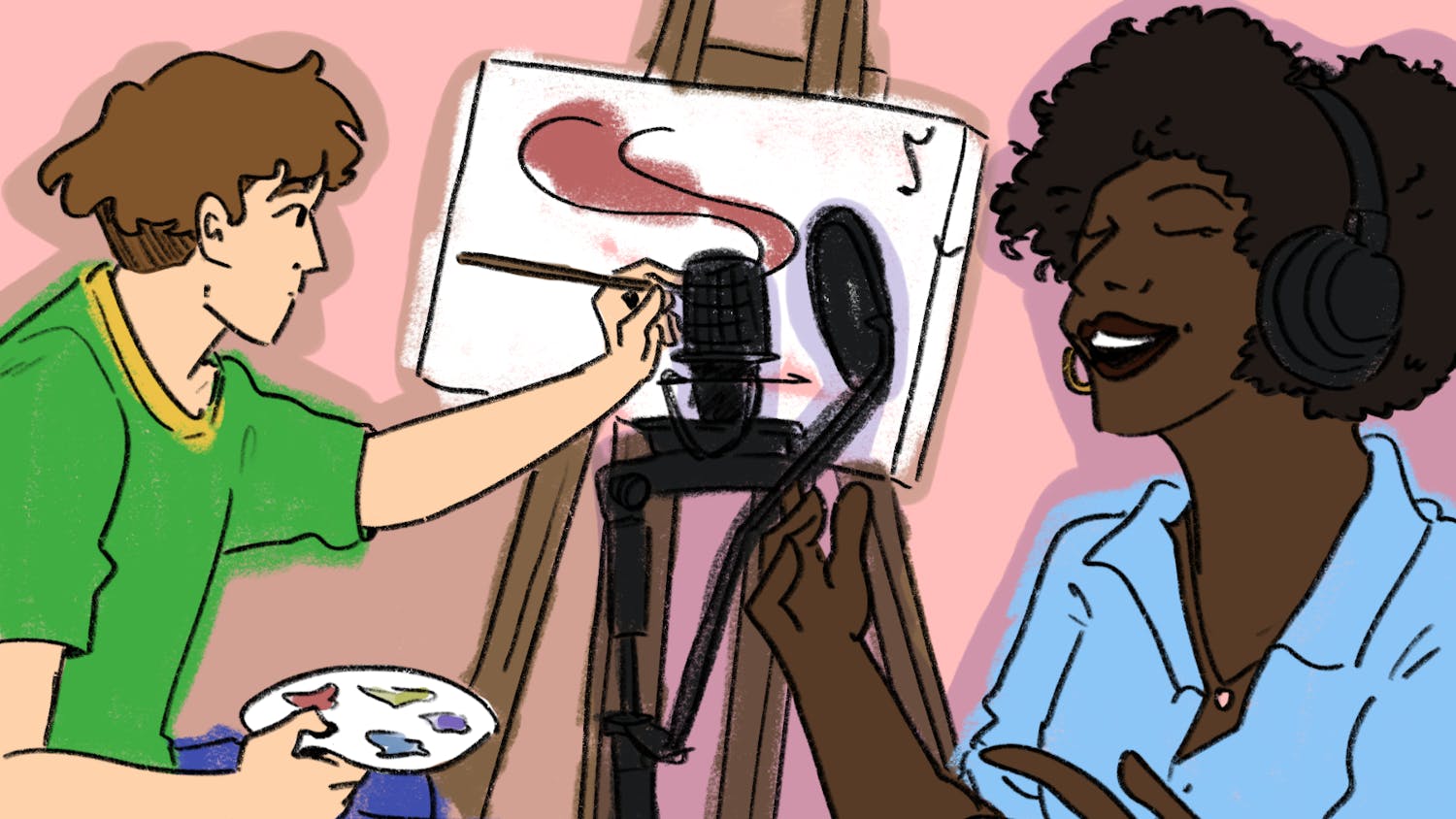Dartmouth’s chapter of Spoon University, a club designed around the appreciation of food, dissociated from the national start-up Spoon University at the end of fall term. Spoon University is a start-up that publishes student-generated content about food.
Founded in October 2013 by Victoria Li ’16 and Diksha Gautham ’15, the club was officially recognized by the College in January 2014. The two hoped to create a club that would create more of a food culture at Dartmouth, and they decided to found a chapter after learning about the national organization.
Initially, the club played two roles. The first was as a food publication, sponsored and advised by Spoon University, in which members would write about recipes and restaurants on campus. The second was as a host for food-related events, sponsored by Dartmouth’s Council on Student Organizations.
However, over time, many of Dartmouth’s Spoon members found that they were more interested in the latter role of Spoon.
As Hanover is a smaller area with fewer restaurants than larger college towns, many of the Spoon writers have found less content to report on in terms of Dartmouth’s food culture.
“At Dartmouth we don’t have as many food resources as other campuses in larger cities,” Li said. “Spoon University itself just has a different interest than us.”
Li said that although she believed that what Spoon University was doing was “great, it just didn’t fit our chapter or our campus.” This was part of the reasoning behind the group’s break from the national organization.
Few members have objected to this change. Many, including Alma Wang ’18, found that Spoon University’s articles did not challenge writers in the way they would have liked them to. Many members were interested in the food world’s cutting-edge techniques, but Spoon University did not allow them to be creative in the way they would have liked.
Wang said that there are many other outlets for writing about food on campus, pointing to Dartbeat, The Dartmouth’s daily blog, which has its own food section discussing new restaurants on campus and modes of student eating at Dartmouth.
There were also some objections to the function of the organization. As a start-up based on free student-generated content, some members, including Chris Novak ’17, found it somewhat troubling that the national organization was essentially making a profit off of ads from web traffic that the club was generating for free.
Thus, the club decided to break from Spoon University and focus on more outreach-based programming, hoping to create more of a food community and culture at Dartmouth by exposing members of the Dartmouth community to new types of food and new methods of cooking.
Novak is particularly interested in molecular gastronomy, a form of modernist cuisine that involves manipulation of chemical properties of food in order to create unusual yet appetizing food combinations. During the fall term, Spoon hosted an event where Novak made prosciutto and cantaloupe juice spheres topped with mint.
“Through Spoon, we can expose the Dartmouth community to cool food that it wouldn’t see normally,” Novak said.
Wang said that this experimentation is what distinguishes Spoon from other food groups on campus, including the Dartmouth Organic Farm, where the focus is on producing healthy and sustainable food.
Spoon also hosted an event called “Senses” this fall, at which students were given miracle berries and then encouraged to taste different things, including lemons. Miracle berries are a fruit that alter one’s sense of taste by binding to one’s taste buds, thus making sour foods, including the lemons, taste sweet.
Many also found that Spoon, as an event-based organization, creates a food-based community not found in many other places on campus.
“At home, my friends and I hung out and centered our activities around food a lot,” Wang said.
Wang and her friends found it difficult to find spaces to cook around campus, but she found that Spoon was a community where she had a space to do that.
Li said that the club is very excited to put on more events, and plans to host a “Will it Waffle” event on Feb. 26 at 4 p.m. in New Hampshire Hall’s kitchen. This event will involve cooking several types of food with a waffle iron, inspired by cooking videos and articles by BuzzFeed.



